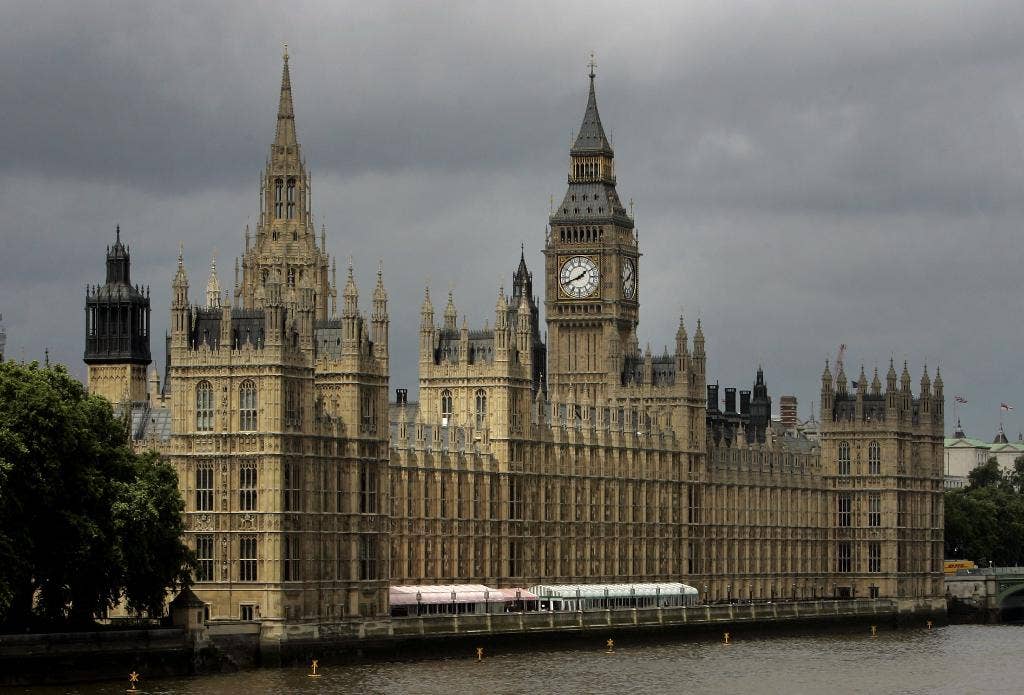British PM faces criticism over blocking legislation banning first-cousin marriage

Former British Conservative minister and current MP, Richard Holden, has reignited the debate on banning first-cousin marriages in the UK. During a recent parliamentary debate, Holden highlighted the significant health risks associated with such unions, particularly in terms of genetic disorders that can affect children born from these marriages. He emphasized the multiplier effect that occurs when first-cousin marriages are practiced generation after generation, leading to long-term health implications.
Holden’s push for legislation to ban first-cousin marriages has faced opposition from the ruling Labour party, Prime Minister Keir Starmer, and a British-Muslim MP. Despite the well-established adverse health effects of such marriages, the government has not supported Holden’s bill to codify the ban into law. Starmer’s office cited expert advice on the risks of first-cousin marriages and reiterated the government’s legislative priorities outlined in the King’s Speech after the election.
The issue of first-cousin marriages is not unique to the UK, with other European countries like Norway and Sweden also considering bans on interfamily marriages. The influx of migrants from the Middle East and North Africa has brought this cultural practice to the forefront, prompting calls for action to address the health risks associated with consanguineous marriages.
Prominent conservative voices in the UK, including Ben Habib, have criticized the government’s failure to address the issue of first-cousin marriages. Habib pointed out the detrimental impact of allowing such marriages to continue, arguing that liberalism has overridden concerns about the potential harm to individuals and society as a whole.
Independent MP Iqbal Mohamed, who opposes a legislative ban on first-cousin marriages, acknowledged the health risks associated with such unions but argued against empowering the state to prohibit adults from marrying each other. Mohamed stressed the importance of raising awareness about the health implications of consanguineous marriages and addressing cultural norms that may force women into such unions against their will.
The debate on banning first-cousin marriages in the UK reflects broader discussions around cultural practices, health risks, and individual rights. As the government grapples with how to address this issue, it is essential to consider the well-being of individuals and the long-term implications of allowing consanguineous marriages to continue unchecked.




